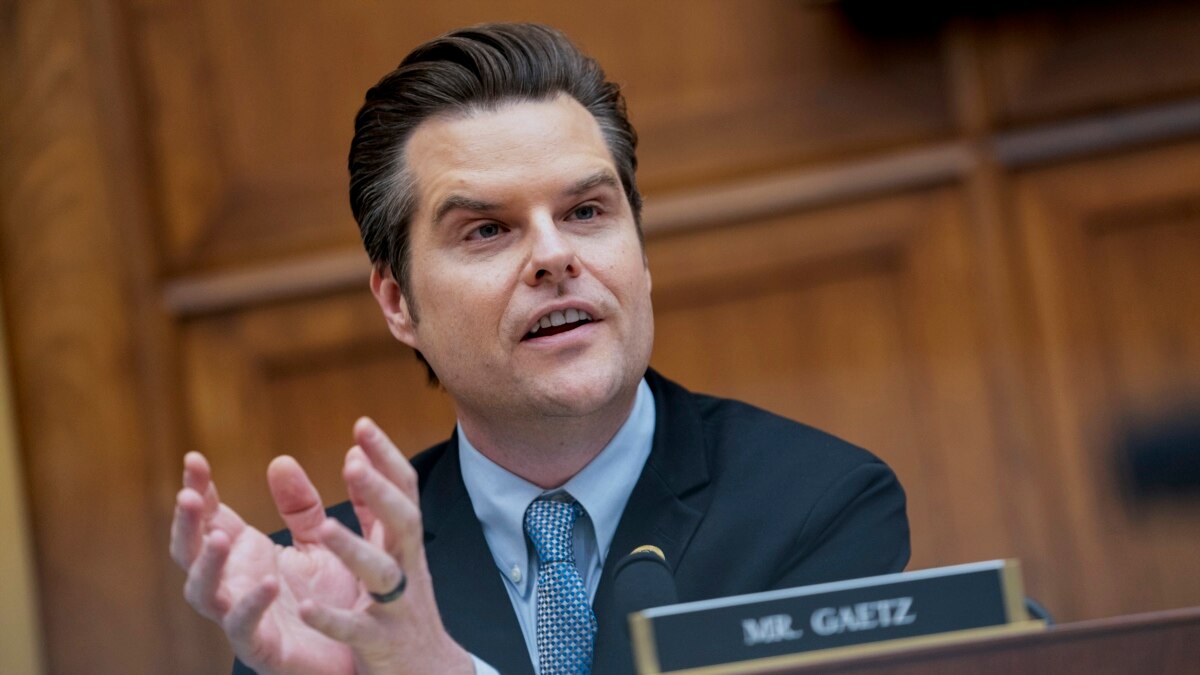Former governor of the Central Bank of Nigeria, Alhaji Muhammad Sanusi, has said the abundance of oil or other natural resources is not enough for a country to achieve economic growth or wealth.
Sanusi stated this while delivering the keynote address at the day two of the Rivers State Economic Investment Summit held in Port Harcourt on Thursday.
He said this shortly before he was reinstated as Emir of Kano.
The former CBN governor said to achieve development, a nation must take specific steps that transcend natural resources, including diversification and institutionalising foundational economic frameworks.
He stated, “Rivers State is blessed with abundant oil resources; a gift that has significantly contributed to the economy of Nigeria as a whole. However, sitting on oil or any natural resource is not enough for economic development.
“I have said it over and over again that if we were to dig out all the oil under Nigerian soil today and sell it and share the money among all Nigerians, we will at best be a lower-medium income country. So, oil is a resource but it is not enough to make us a wealthy country.”
He explained that even some countries that are not blessed with natural resources cannot be compared with Nigeria in terms of standard of living because they have taken deliberate steps to develop and sustain themselves.
While thanking his host, Governor Siminalayi Fubara, for the honour to have invited him, he said, “Honouring Rivers State is for me is honouring one of my best friends, Herbert Wigwe (of blessed memory). And this is another way of paying my respect to him, and today of all days I wish you were here with me.”
He stated that the summit was important coming at a time in Nigeria’s history when it is desperate ‘to chart a new course in economic thinking, opting for a paradigm shift that seeks to harness our vast potential and propel us towards sustainable growth and prosperity…”
He said, “It involves policies that may be painful or unpopular which don’t usually go down well with politicians who need re-election. But that is the only way to guarantee a better future for the same people that might be hard on.
“At this point, it’s important for us as Nigerians to be realistic. The mismanagement of the last ten years would not be undone in six months or one year. And we need to understand some of the difficult decisions that would take time to go through the economy.”









